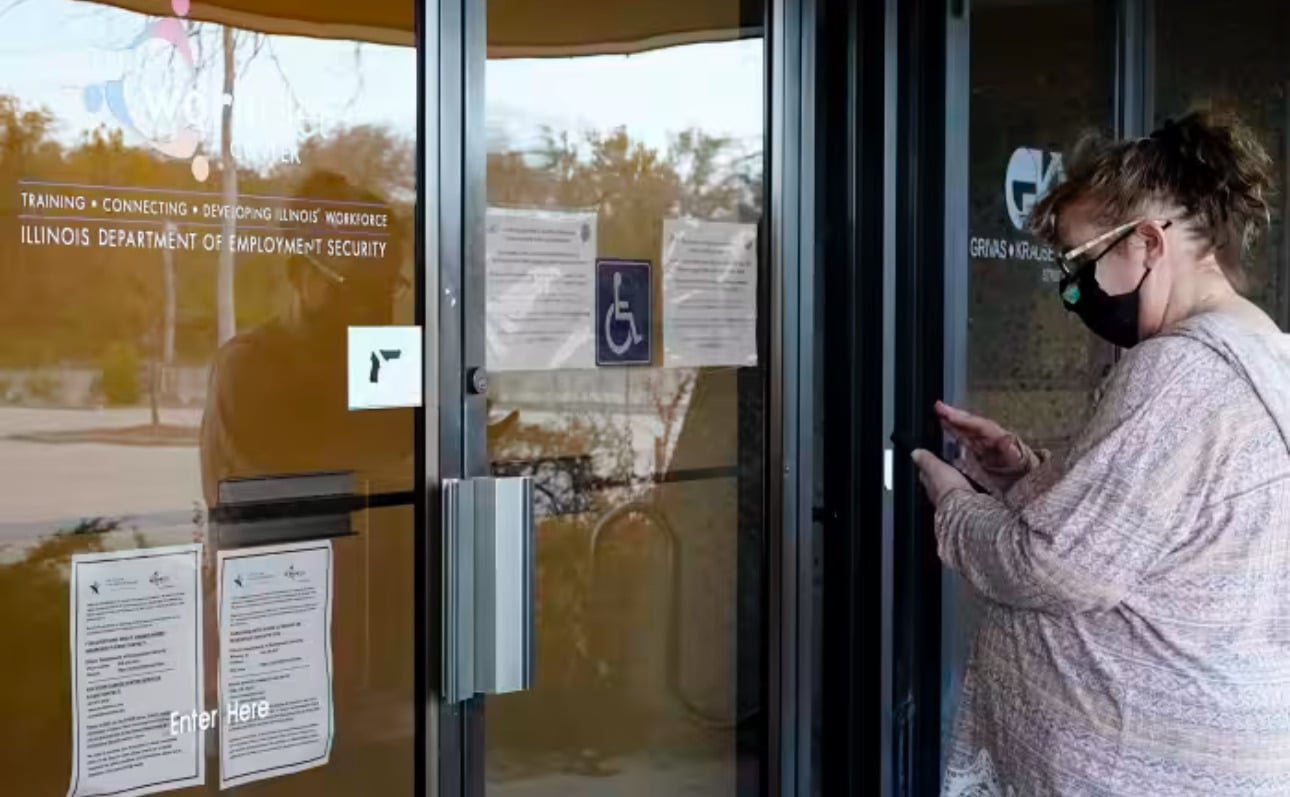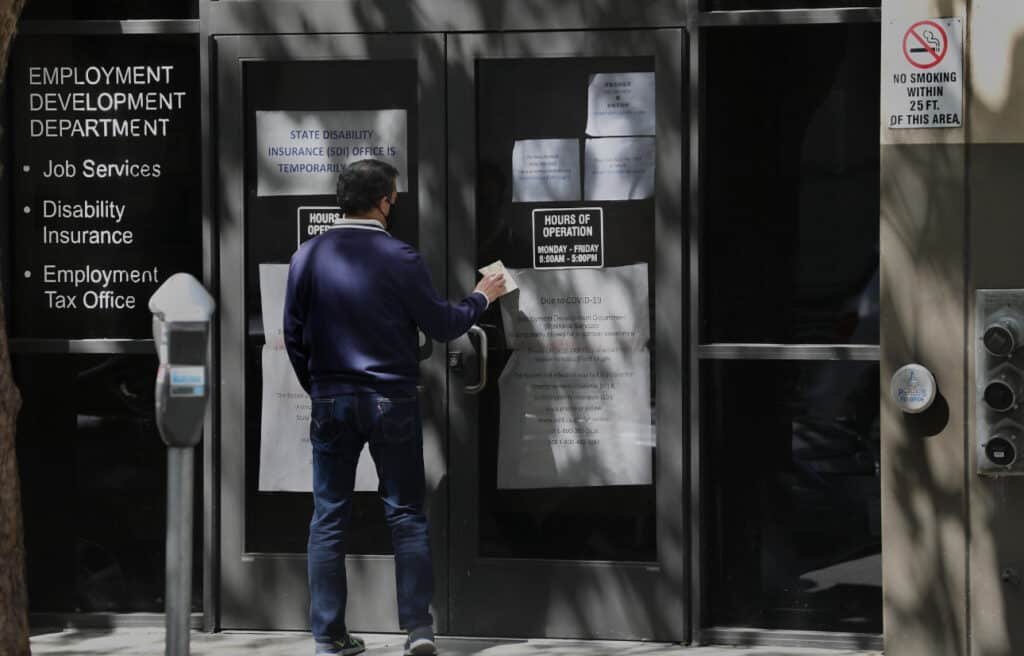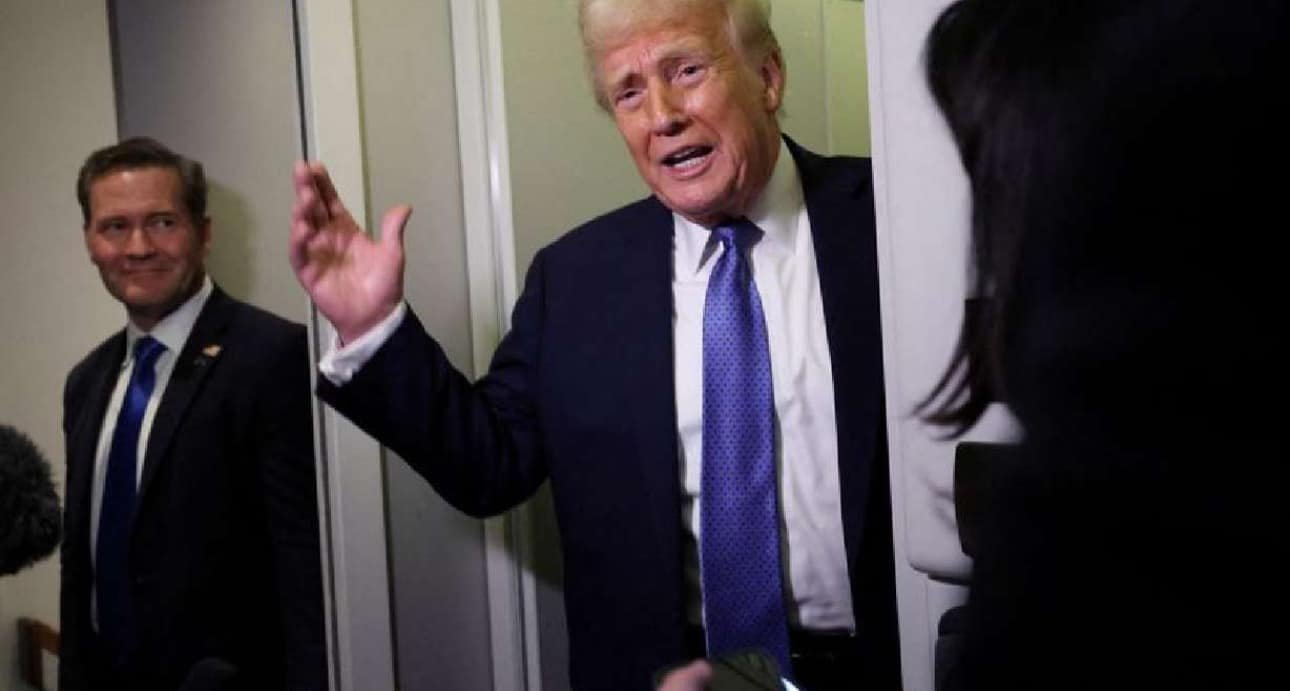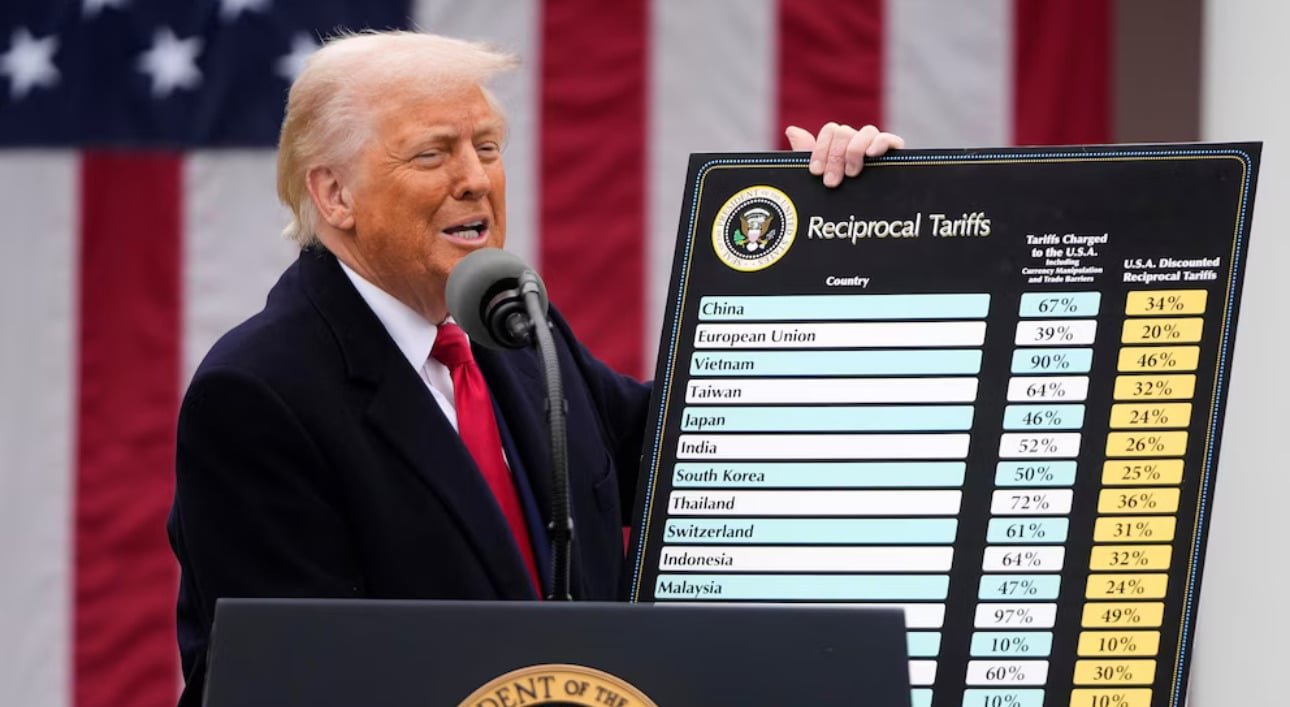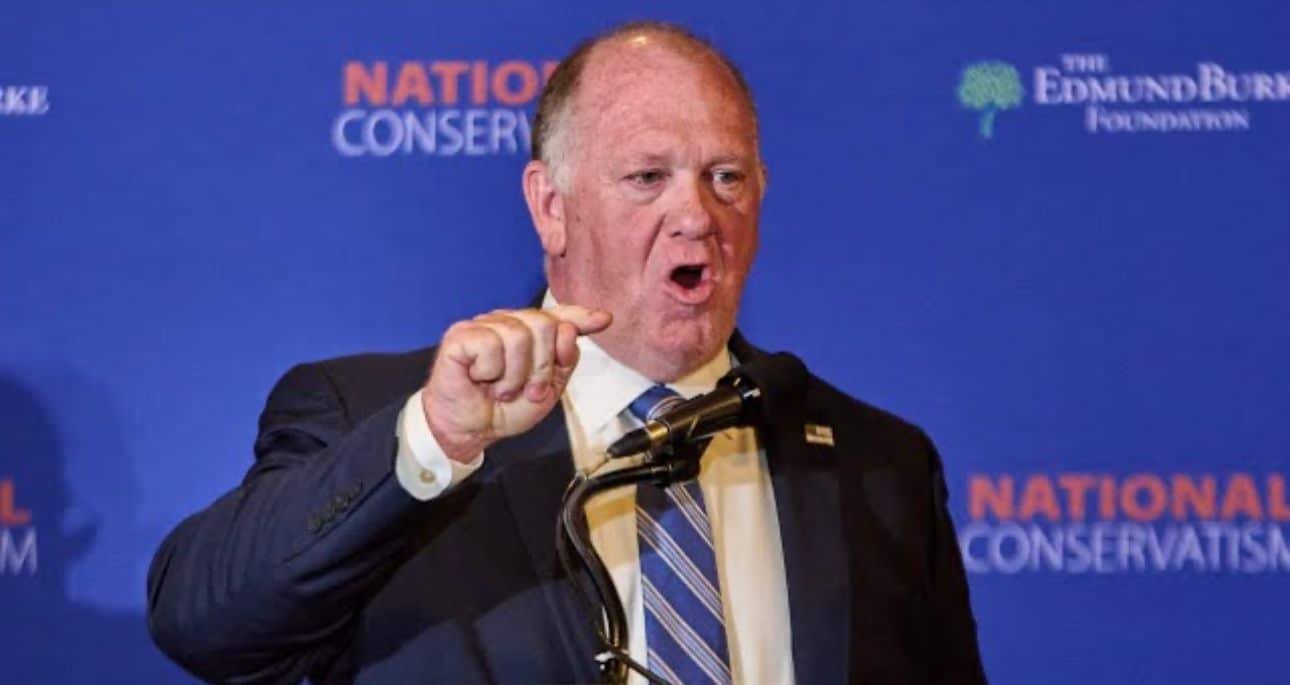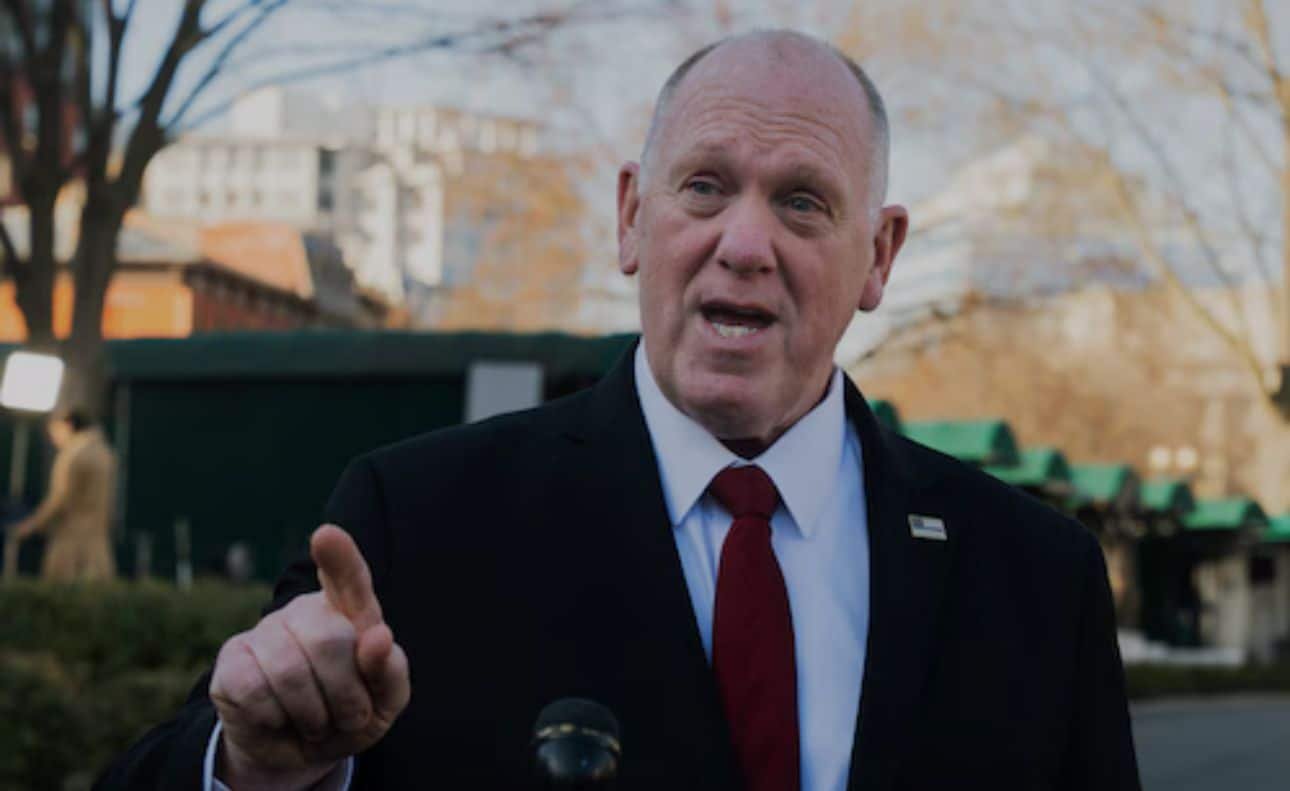BREAKING: Labor Secretary Cuts $33M in Foreign Aid Grants 3/20/25
Breitbart reported that Labor Secretary Lori Chavez-DeRemer eliminated tens of millions of dollars in foreign aid grants to decrease Department of Labor expenditures.
The newly sworn-in official began implementing budget cuts to remove grants similar to those of the U.S. Agency for International Development after just one week on the job. The Department of Labor terminated grants totaling $33 million which supported international labor policy programs.
The budget cuts eliminate a $1.5 million grant for Uzbekistan’s cotton industry transparency and accountability as well as a $7 million grant to advance climate change policies in Brazil, Chile, South Africa and Colombia and an $18 million grant to support collective bargaining in Brazil, Colombia, Côte d’Ivoire, Indonesia and Guatemala along with a $1.5 million grant aimed at improving workplace standards compliance in Georgia.
Summary
- The Labor Secretary has cut $33 million in foreign aid grants.
- This decision prioritizes the allocation of resources toward domestic concerns.
- The announcement has sparked reactions from international and advocacy groups.
- It underscored a shift in the administration’s stance on foreign aid funding.
- Monitoring future implications for overseas assistance is essential.
The Impact of Labor Secretary Cuts $33M in Foreign Aid Grants
The U.S. has cut $33 million from foreign aid grants. This move is a big deal for U.S. foreign policy. It shows a bigger trend of cutting budgets, sparking talks about our role abroad.
Countries that rely on this aid for growth might struggle more now. They face tough times as the money they count on is less.
The impact of funding cuts on our relationships with other countries is big. It could hurt their economies, leading to more job losses. It might also make things harder between the U.S. and other nations that count on our help.
Before, cutting foreign aid has led to trouble in some areas. We need to think if these cuts help us in the long run. As a global leader, it’s key to keep supporting others, even when it’s hard.
| Impact Area | Details |
|---|---|
| Foreign Aid Grants | $33 million cut leading to reduced development support |
| Employment | Potential for increased unemployment in aid-dependent sectors |
| Geopolitical Relations | Strained relationships with nations reliant on U.S. aid |
| Historical Context | Past cuts have led to increased instability in recipient countries |
Understanding the Scope of Foreign Aid Grants
Grants linked to foreign aid are key financial help given by governments and groups. They aim to support economic growth and well-being in other countries. It’s important to grasp the role of these funds. They help fight poverty and spread American values, building ties that benefit us.
What Are Foreign Aid Grants?
Foreign aid grants are funds for countries needing economic and social help. Their main goal is to boost international development and keep areas stable. There are different types of foreign aid, like:
- Bilateral Aid – Direct help from one country to another.
- Multilateral Aid – Given through groups like the United Nations or World Bank.
- Humanitarian Aid – Quick help for emergencies, like natural disasters or wars.
- Development Aid – Long-term support to tackle poverty’s causes and encourage growth.
The Role of Foreign Aid in Economic Policy
Foreign aid plays a big part in economic policy, shaping international relations. It’s a key tool in economic plans, helping to stabilize and boost cooperation on global issues. It’s vital to see how these grants affect our foreign policy and economic ties.
The U.S. economic policy focuses on supporting freedom, democracy, and economic chances worldwide. This policy boosts our global influence and supports international development.
Government Funding and Budget Reduction Strategies
Recently, government funding cuts have sparked a lot of debate. These cuts reflect a shift towards fiscal responsibility, aiming to reduce the national debt. Trimming federal budgets has brought about challenges. We need to look closely at how these cuts impact essential services and our citizens’ welfare.
The Labor Secretary’s move to cut foreign aid shows a trend of tighter spending. This change highlights the need to focus on domestic needs while handling global duties. Keeping our finances in check is key, given the economic challenges we face.
These budget choices lead to questions about the future of government work. We must update our economic policy talks to account for funding cuts. It’s time to focus on our citizens’ well-being while keeping our global promises. The journey ahead demands careful planning and a strong commitment to our values.
Reactions from the International Community
The world has mixed feelings about the U.S. cutting $33 million in foreign aid grants. Advocacy groups are strongly criticizing these cuts. They worry about the harm these reductions will cause to humanitarian efforts worldwide.
These groups fear that progress made with U.S. help might be undone. They point out the negative effects these cuts could have on people in need.
Criticism from Advocacy Groups
Advocacy groups are strongly against the cuts. They say these reductions hurt the U.S.’s role in helping others globally. They believe these cuts undermine American values of kindness and helping others.
These groups are worried about the suffering that could increase in vulnerable communities. They think the U.S. should continue to support those in need.
Responses from Foreign Governments
Foreign governments are also worried about the aid cuts. Many leaders have spoken out against the decision. They’re concerned about how these cuts will affect programs that help their people.
This could change how countries work with the U.S. in the future. The worry is about the U.S.’s role in global cooperation and support.
Implications for Future Overseas Assistance
Recent funding cuts have raised big questions about our future overseas help. We must think carefully about how our help to other countries might change. These cuts could mean we have to choose which areas to help first, affecting many communities.
We might focus more on projects that match our national goals and values. It’s important to review our plans for helping other countries. This way, we can keep supporting stability and American values worldwide.
As we make these changes, we need to think about how they affect both the people we help and our reputation globally. Our overseas aid should show our commitment to doing the right thing. At the same time, we must adjust to the new funding situation.
Context of Economic Policy Under Current Administration
The current administration’s economic policy shows a clear shift towards conservative values. It aims to cut government spending while boosting individual freedom and responsibility. This move is seen as a way to revive American ideals, focusing on traditional economic values.
With U.S. leadership, the administration’s economic plan is all about less government. It aims to create a space for entrepreneurship and growth. This shows a strong belief in personal freedom and the idea that success comes from hard work, not government help.
As we face global challenges, it’s key to understand these policy choices. The administration wants to keep American traditions alive while staying competitive worldwide. This plan shows a strong commitment to U.S. leadership and market confidence.
Conclusion
The Labor Secretary’s announcement of a $33 million cut in foreign aid grants is a key moment for our nation. It makes us think about our duties and what government responsibility truly means. We stand together, upholding American values that include leadership and kindness at home and abroad.
With global issues like the China-Pakistan Economic Corridor, we must carefully consider the effects of cutting foreign aid. These decisions impact our economy and relationships with other countries. They also affect local communities, like those in Balochistan, showing the need for balance between saving money and doing what’s right.
We must stay alert and united as we face these changes. By focusing on our American values, we can make sure our actions reflect freedom, responsibility, and kindness. This way, we protect our nation and build strong partnerships worldwide.

